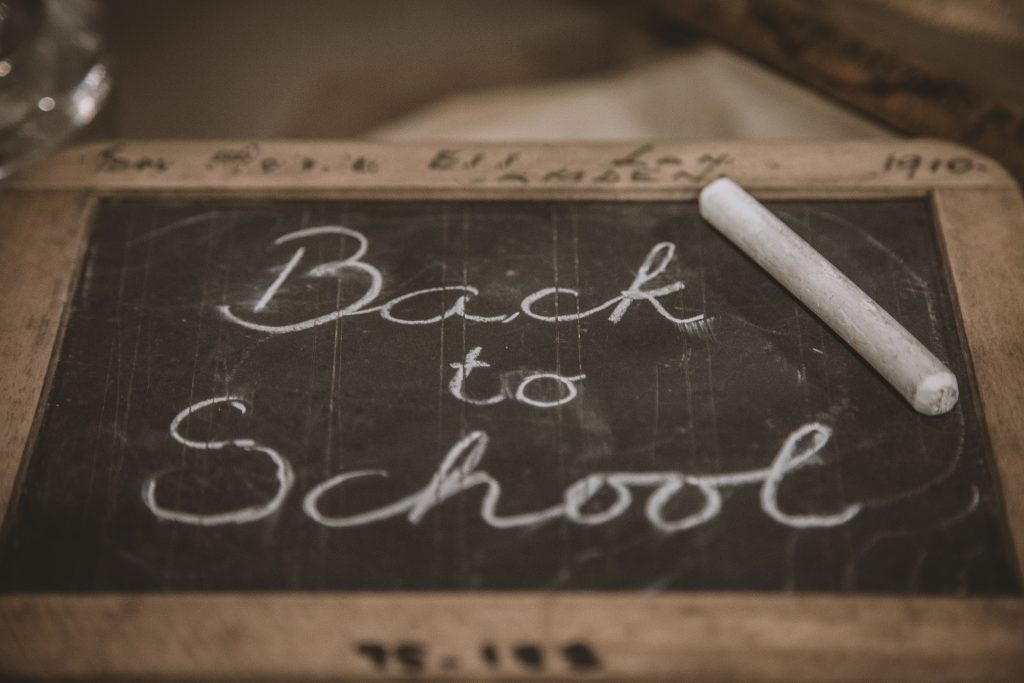Being exposed to acts of violence is difficult and confronting for adults. Kids may have an even more difficult time understanding and processing the real-life violence they see on TV and on the internet. Learning about active shooters and having drills at schools can be very upsetting for young people. In this blog, we’re going to talk through some tips for talking with children and teens about violence, how to process their feelings related to these events, and when it may be time to seek additional support.
1 – Let Them Talk First
Many parents are worried they’ll say the wrong thing to their children, so they spend a lot of time preparing something to say. Then, they read off a prepared speech to their children. Instead of telling children what you think they want or need to hear, start by asking them what they know about school and community violence. Let them tell you what they’ve seen, what they’ve heard about, what teachers and others have told them, etc.
2 – Let Them Ask Questions
Once they’ve told you what they already know, let them ask any questions they have about what else they would like to know or things that are confusing them. This can be especially beneficial for younger children as you don’t necessarily want to give them more detail than is necessary. Answer their questions honestly, but remember, you don’t need to go into graphic detail to be honest. For very young children (elementary age), give concise, factual information without going into too many details. For older children (middle school age), you can use a bit more detail and maybe engage them in conversation about efforts to address these situations and how they can get involved. For older children and teenagers (high school age), give them some answers if they have questions, but you can actively engage them in the discussion of their opinions on the situation. Teens are often hungry to get involved in giving back or taking part in activism, so it’s a good age to encourage this type of thinking.
3 – Validate Their Emotions & Reactions
Younger children will likely react more openly, showing fear or sadness. They may even cry. Reassure them that these responses are healthy and valid. Let them know that you’re upset too. Older children and teens may try to hide or suppress their feelings. They may describe metal detectors at their school and active shooter drills like they’re no big deal. Just regular events. Encourage these children and tens to really think about and express how these safety measures and acts of violence they’re aware of make them feel. Let them know that it’s okay to be angry, scared, sad, or any other emotion they’re feeling about the situation. After all, no child should have to deal with threats of violence when they leave home.
4 – Recognize Signs of Concern
When talking to your child about violence in schools and communities, be aware of signs that something is wrong. Consider your answers to the following questions:
- Does your child completely shut down?
- Are they showing signs of fear or dread when they have to go to school?
- Is your child having a hard time leaving home?
- Has your child’s behavior changed drastically? Are they Moody, irritable, angry, etc.?
- Are they eating more or less than usual?
- Are they sleeping more or less than usual?
If you answered yes to one or more of these questions or your child is generally struggling to cope with the increasing violence in our schools and communities, therapy may be a good resource. At Lotus Psychology Group, we welcome parents, children, and whole families to visit us for therapy sessions. To get started working with us, simply call (248) 957-8973, email info@lotuspsychgroup.com, or use our online contact form to get in touch.


